If you look around any successful entrepreneurial business, one thing you will consistently find are processes. Well-defined and documented processes for operations, administration and finance are paramount to driving growth.
That said, if we look to sales and marketing, it is like a journey to the wild west. You will find some campaigns or sales blitzes here and there, but most businesses lack consistent, repeatable processes in sales and marketing. Why is that?
Sales and marketing are the least process-driven functions inside of most entrepreneurial organizations. There are a few possible reasons for this:
- Many entrepreneurs are very good at what they do, but sales and marketing is a bit out of their comfort zone.
- Arguably, process is not aligned with the human nature of a salesperson.
This gap in structure equates to a TREMENDOUS opportunity to drive revenue growth. The purpose of this blog is to look at:
- The benefits of implementing repeatable, aligned processes in sales and marketing, and
- Options for implementing sales and marketing processes in your business.
Benefits of a repeatable process
I have become more and more fond of processes as I have matured as a professional. I started as a sales rep and was very successful selling without having a highly structured process. Fast forward 20-something years and, as the integrator at Convergo, I oversee all of the different functions of the business and tie them together. Some of which I am more comfortable with than others.
When I get out of my comfort zone either personally or professionally, I seek to develop frameworks or processes to follow to achieve success.
One example of that is when my wife and I purchased an investment property in the mountains. I’ve owned investment properties before, but not a short term rental. So, I had two different options to manage the rental:
- Hiring a property management company: Property management companies absolutely provide value, but that value comes at a cost. They take 30% of the rental income in exchange for taking any headaches off my plate.
- Manage it myself: Obviously this takes more time and mindshare on my part than hiring a property management company.
Despite my normal preference for outsourcing, I decided to manage the property on my own.
So, how did I do this? I leveraged some subject matter expertise to create a repeatable, sustainable process that I could execute on my own. The result is way more revenue than I would have had hiring a manager (more on that later) and 100% of my reviews are 5-Star reviews on VRBO. Don’t believe me? Feel free to check it out here. If you are looking for a nice vacation in the Rockies, it is for rent as you can see!
To put the process together, I reached out to some others that have rental properties in the area and found 2 critical pieces of the equation. A reliable cleaner and a reliable handyman. As luck would have it, those that I found are a husband and wife team! We keep the place stocked with a surplus of everything that is needed in an owners closet in the garage that the cleaner has access to.
I also chose VRBO as a comprehensive platform that enables me to effectively price and market the home, manage the bookings, and make local tax payments.
After I boiled that all together, this is what my simple process looks like:
Once a quarter, I do some research on rental rates to set prices out for the next 6 months. I set the prices relatively high in the distant future because the place is a nice place and people book it given the 5 star reviews.
I take 15 minutes every other Monday to take care of a few ongoing items that allow me to maximize my revenue and keep my 5 star reviews:
- I adjust pricing in the shorter term to fill any unrented gaps. Two weeks ago, I significantly lowered the price for 2 upcoming mid-week gaps, which is rare for March. Shortly after, both weeks got rented.
- I send a text to the cleaning service with the updated rental schedule.
- I send a text and email to anyone that has recently booked to thank them, let them know what their specific door code is, and send them the rental instructions (which are also printed in the house).
I set a reminder for myself for any day a new renter arrives to send a text welcoming them, reminding them of the door code, and ensuring they know how to reach my wife and I if they need anything.
In the rare case that something goes wrong, I call the handyman and he does an AWESOME job taking care of things after I make the call. He is a bit expensive, but he takes the problem off my plate and is not nearly as expensive as a rental property manager.
So, it took a bit of effort to put the process together, but the results are great! Most of the benefits are financial:
- More revenue: I generate 19% more revenue that I would have had with a rental company because I strategically manage the pricing in a more active manner than the property management company would.
- Less cost: I save 30% of the revenue that would be paid to a management company.
- Future earnings: I have a tight, proven process that I can leverage should I want to acquire additional properties.
Obviously, I spend more time on this than I would if I hired someone to manage this ongoing, but the financial benefits far outweigh the cost. Regarding my time, quite honestly I enjoy the hospitality aspect to doing it myself as well, which you can see is reflected in the reviews.
Options for implementing sales and marketing processes in your business
There are 3 high-level options for implementing sales and marketing processes in your business:
- DIY
- Hire a long-term strategic resource
- Use outside expertise to implement processes that you can manage on your own
The skills and knowledge required to implement a process as opposed to managing a process that is already implemented are vastly different. A resource to implement a process is a significantly higher investment than a resource to manage one. We will explore the pros and cons of each with that in mind.
Option 1: DIY
Lots of businesses struggle to make progress because of a do-it-yourself mentality. A false narrative with this strategy in a lot of cases is that it is less expensive. On the surface, that may seem to be the case, but here are a few questions to consider along those lines:
- Who has the expertise in your business to be able to implement these processes?
- What other roles or responsibilities does that person have in your business?
- If that person is already in your business, why isn’t the process already implemented?
The upside with the DIY approach comes into play if you do have internal resources that have both the experience and time to pull it off.
Option 2: Hire a long-term strategic resource
Making a strategic hire like a CMO or a VP of Sales is an option to consider. The advantages of something like this is that person typically brings with them the knowledge and experience to be able to implement processes.
A few challenges with this approach are:
- Strategic hires require a significant long-term investment. The idea with implementing these processes is that they are repeatable and consistent, but it doesn’t take years and years to implement them. Once the implementation is complete, the strategic, highly compensated resource may no longer be needed.
- What is the right skill set? Sales? Marketing? It is very rare for a strategic resource to have experience in both. In addition, some strategic resources lack the project management or human skills needed to implement processes.
- If the process is implemented by a strategic hire, what happens if that person leaves? Is the process owned by the individual, or the company?
As entrepreneurial businesses scale up, it is sometimes necessary to have those strategic resources in place. That said, it could be a mistake to bring in a strategic, expensive resource too soon.
Option 3: Use outside expertise to implement processes that you can manage on your own
Bringing in outside expertise to implement processes in your business has some significant advantages. This outside expertise can come in many different flavors:
- Some are individuals with sales experience, some marketing experience, some are teams of people that bring both sales and marketing perspectives.
- Some have their own prepackaged processes, and some implement custom processes inside your business.
One may argue that bringing in outside expertise is expensive. As compared to the options above, this expense is typically a short-term expense and should be weighed against the expense of a strategic resource or the opportunity cost for some one on your team to implement processes.
It depends on the approach that the outside consultant leverages to help, but it may also be argued that external consultants bring in their own processes that are not necessarily optimized for your specific business.
There are some significant advantages to consider with regard to hiring outside expertise to implement sales and marketing processes:
- You own the process: The process that a strategic hire (option 2 above) brings into your business might might be tied to that person and could be challenging to sustain if they leave.
- The external consultant is not a long-term hire: Typically, external consultants will facilitate the implementation of processes, and then turn it over to the business to manage and make future improvements. This is the opposite scenario of hiring a strategic resource that will be paid long-term.
- Cultural benefits: We are currently working on a project with a client that reflects their company culture and their hiring process. We are working with them to implement sustainable marketing processes. A lower level person on the marketing team is actively engaged in helping build the process. Once we implement the process, that internal resource may be elevated to run the process. Not only are there financial benefits to this, but promoting from within has many cultural benefits.
- Comprehensive expertise: If you pick the right company, they may have expertise in both sales and marketing and can look at the project from a comprehensive, revenue generating standpoint.
Regardless of how you do it, implementing sales and marketing processes in your business can be a significant driver of future revenue growth.
How did the sales and marketing processes in your business compared to processes in other parts of your business?




